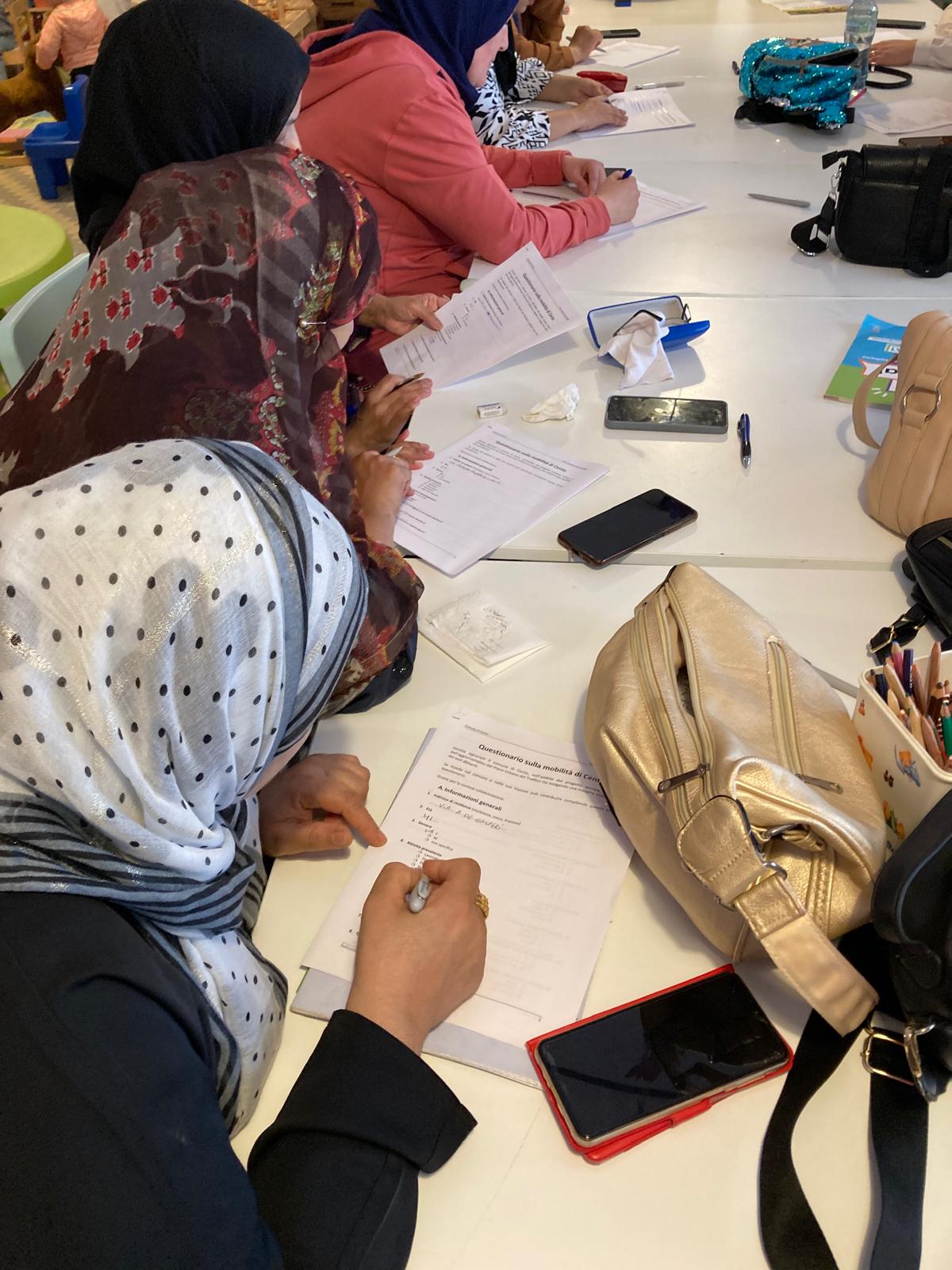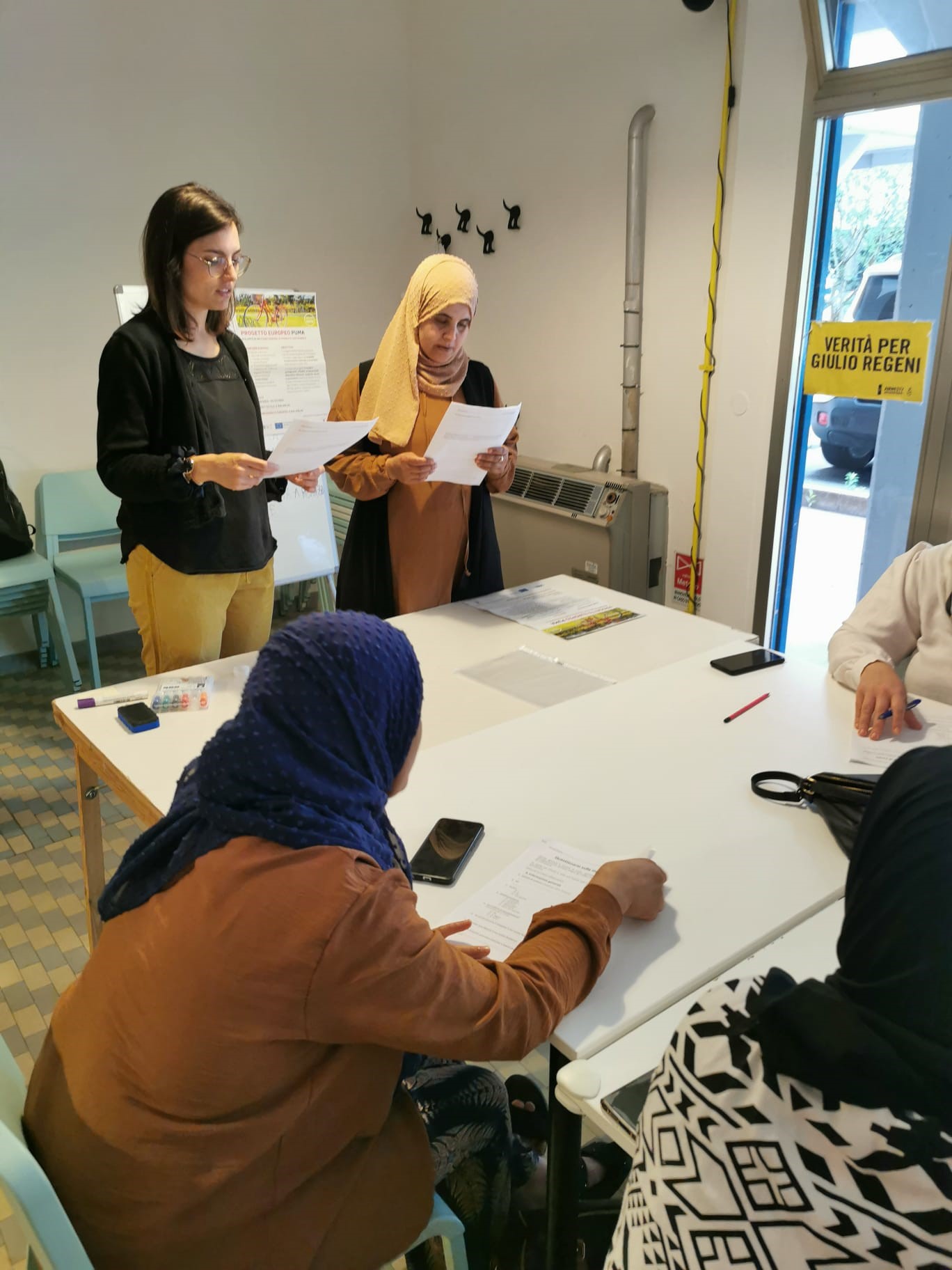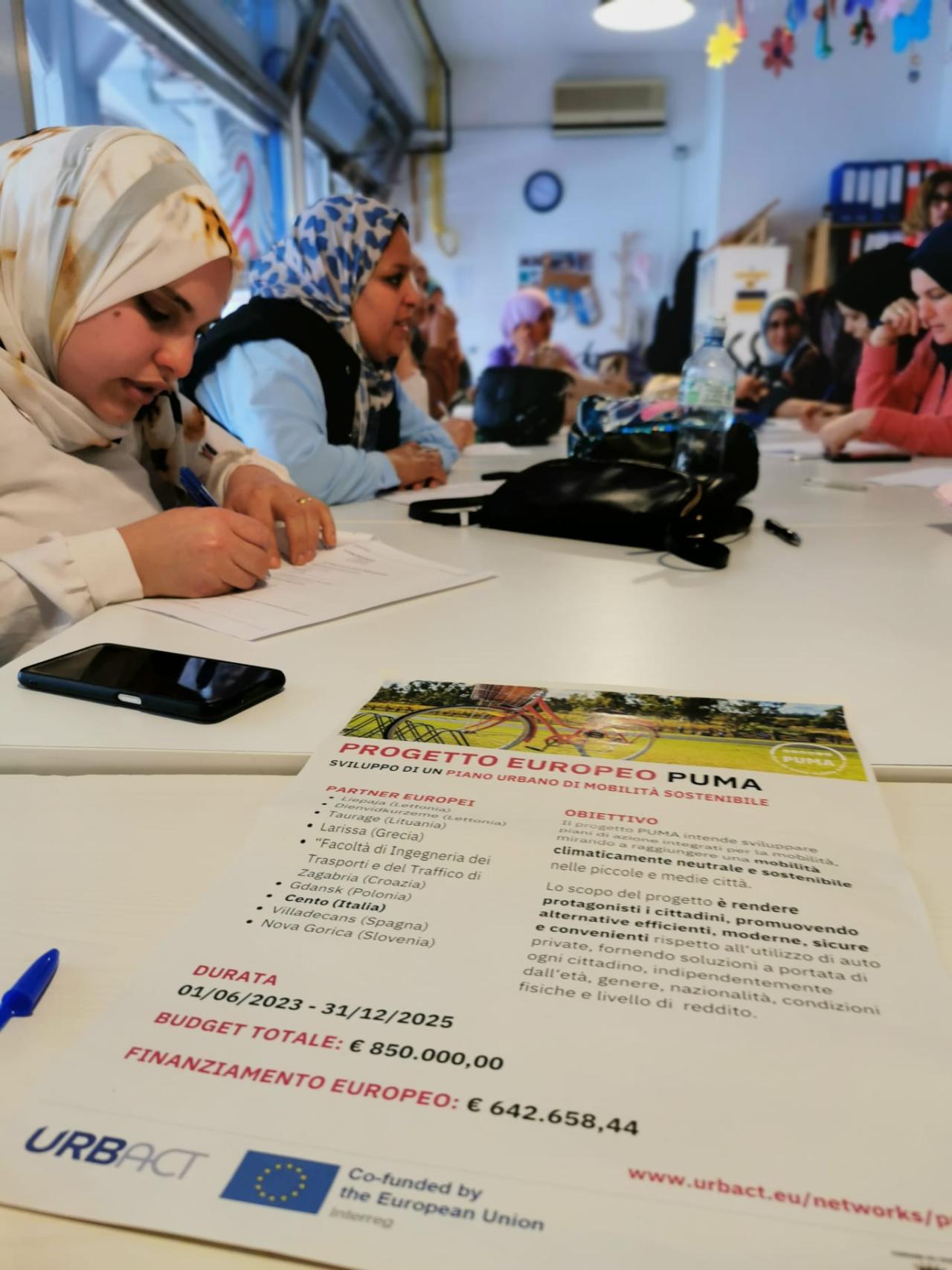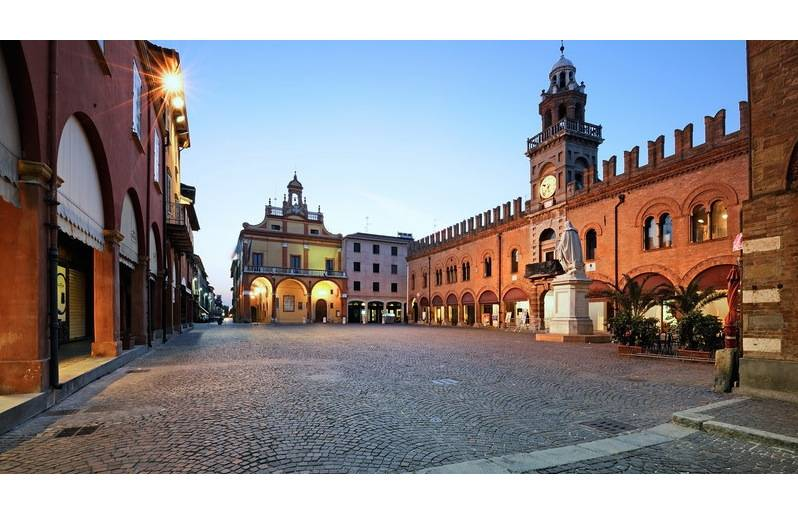Understanding the Challenge of Women's Mobility
Beyond Cento's town center lie several outlying hamlets, each contributing to the town's charm but also posing transportation challenges, particularly for immigrant women. Distances between Cento's city center and hamlets like Renazzo, XII Morelli, Corporeno, Casumaro, Reno Centese, Alberone, and Buonacompra can be significant. For example, a journey from Cento to Casumaro, spanning 14.8 km, can take up to 50 minutes by bus. These journeys are complicated by limited public transport options, especially outside peak hours and during school breaks, when services operate on reduced schedules.
According to research on urban travel behaviour and gender dynamics, women typically make more diverse and complex travel trips compared to men, involving multiple stops and modes of transport. The challenges faced by immigrant women in Cento, including language barriers and unfamiliarity with local transport systems, further exacerbate these difficulties. Without adequate support and infrastructure, such as reliable bus schedules and accessible routes, women may face increased isolation and limited access to essential services outside peak travel times, particularly during school holidays and summer breaks when transport services often operate on reduced schedules.


Source: GoodStudio (Shutterstock)
The Importance of Sustainable Mobility: PUMA Project
Cento plays a pivotal role in the PUMA project under URBACT, an initiative aimed at promoting sustainable urban development across Europe. PUMA (Plans for Urban Mobility Actions) focuses on enhancing transport options to improve accessibility and reduce environmental impact. In Cento, this initiative involves upgrading public transport infrastructure, optimizing bus routes, and promoting alternative modes such as cycling and walking. These efforts align with Cento's vision of fostering a healthier, more inclusive urban environment where residents can navigate the town with ease and minimal environmental footprint.
Empowering Immigrant Women through Mobility
Central to Cento's participation in PUMA is empowering immigrant women to navigate and utilize the town's transport network effectively. Organizations like STRADE play a pivotal role by offering educational programs, workshops, and advocacy services. These initiatives not only help women overcome language barriers and logistical challenges but also promote their integration into the community. By fostering independence and social participation, these efforts contribute to Cento's vibrant social fabric.

Inclusivity and Sustainability in Urban Planning
PUMA encourages cities to integrate land use and transport planning, ensuring that urban development supports accessible and efficient mobility solutions. Through participatory processes and stakeholder engagement, Cento aims to create a transport system that meets diverse resident needs, including immigrants and marginalized groups. The human-centered approach of PUMA prioritizes social equity and community well-being, enhancing the overall livability of Cento.
STRADE: Advocating for Immigrant Women
STRADE goes beyond mobility support, advocating for women's rights, social integration, and economic empowerment in Cento. By addressing systemic barriers and fostering cultural exchange, STRADE enhances community cohesion and promotes a sense of belonging among immigrant women. The organization's initiatives play a crucial role in bridging cultural divides and nurturing a supportive environment for all residents.

Insights from STRADE's Founder
In an interview, Alessandro Mazzini emphasized STRADE's transformative impact on immigrant women: "Our goal is to dismantle barriers and empower women to access all facets of community life with confidence." This approach not only enriches Cento's social fabric but also strengthens community resilience by fostering understanding and mutual respect.
Enhancing Community Integration
Empowering immigrant women through improved mobility not only enhances their quality of life but also enriches Cento's social tapestry. As these women become more engaged in local activities and initiatives, they bring diverse perspectives and talents that benefit the entire community. Cento's commitment to inclusivity and sustainable development underscores its aspiration to build a cohesive and resilient town where diversity is celebrated and everyone can thrive.
Looking Forward
As Cento continues to evolve, initiatives like PUMA and the dedication of organizations like STRADE will shape a more inclusive and sustainable future. By investing in accessible transport and empowering immigrant women, Cento strengthens its identity as a welcoming community where diversity thrives. Sustainable mobility serves as a catalyst for equity and community building.
Sustainable mobility in Cento represents more than just transportation—it embodies equity, inclusion, and community resilience. As Cento progresses on this path, it exemplifies a town where every resident can thrive and contribute meaningfully to its shared journey forward. Through collaborative efforts and a commitment to social justice, Cento paves the way for a brighter and more inclusive future where mobility is a tool for empowerment and community integration.



